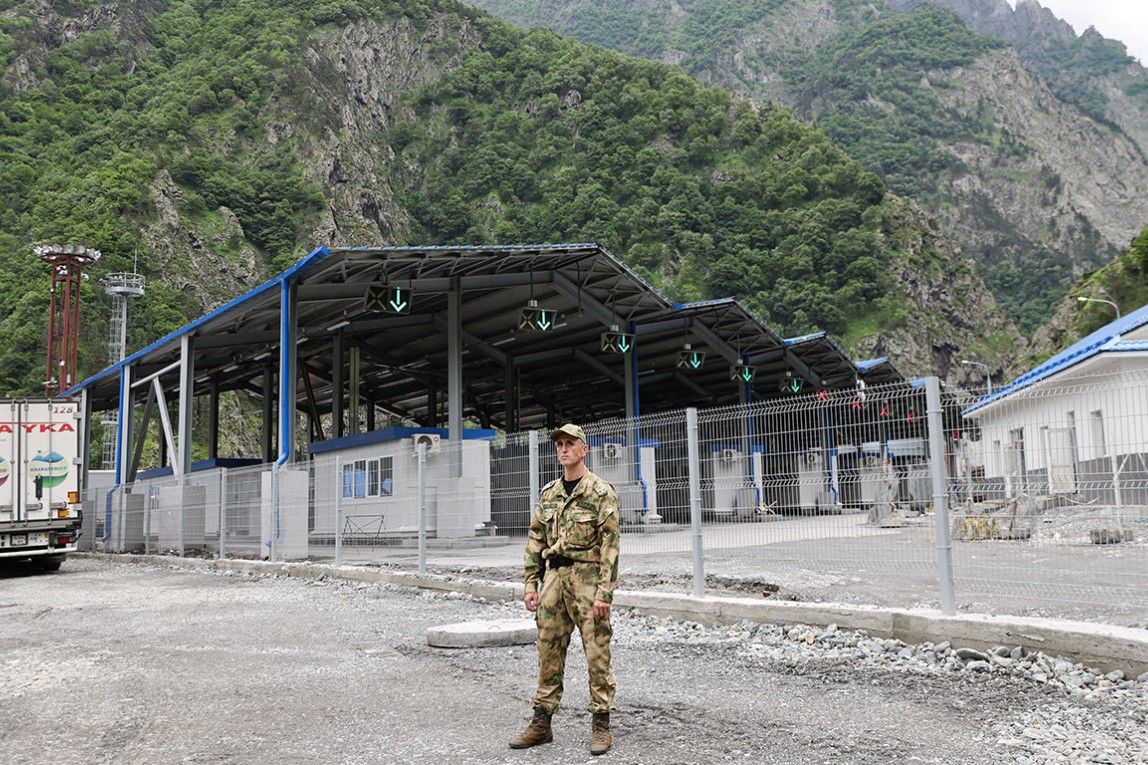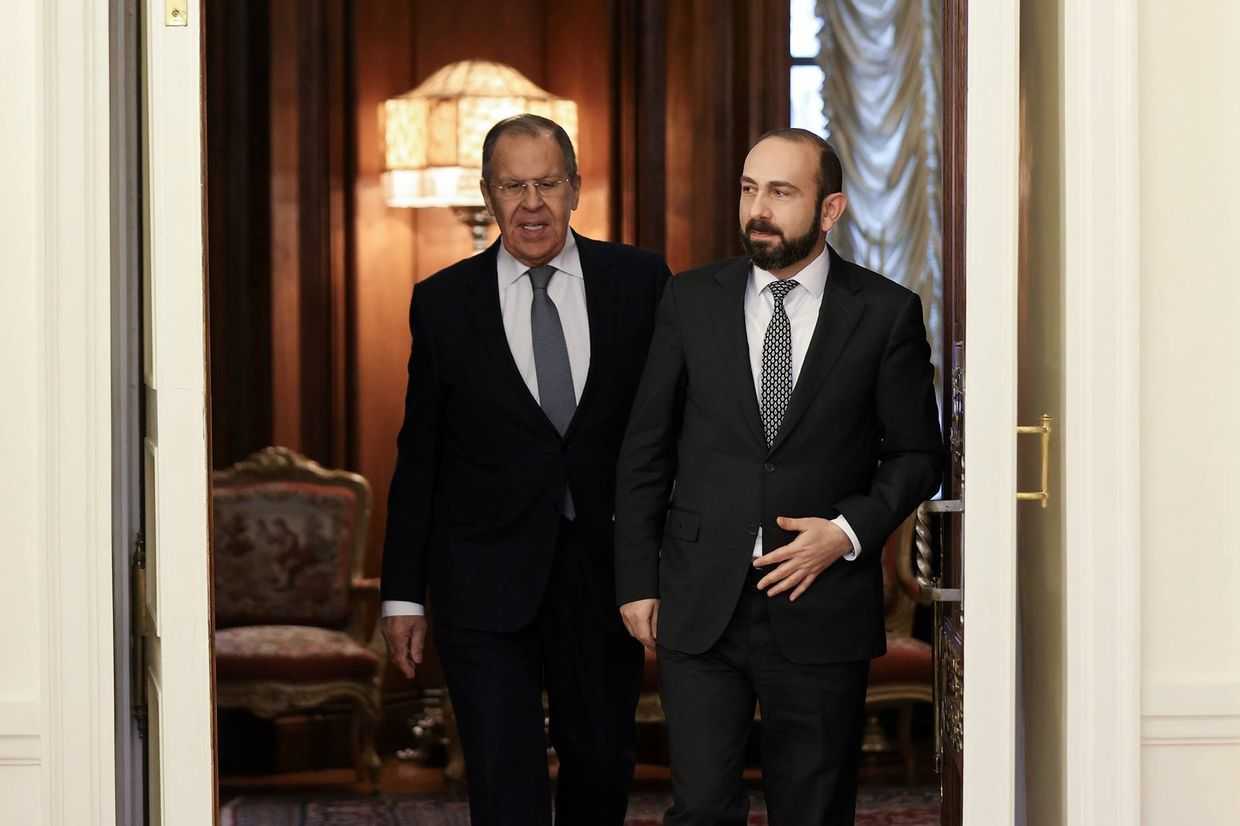
Armenia’s largest freight transportation company, Spayka, has confirmed that over 100 of its trucks have been stalled in Russia for several days. The reasons for the halt remain unknown, with the Armenian Economy Ministry refraining from commenting.
‘We were not officially informed what the issue is’, Karen Baghdasaryan, Spayka’s Director of Development, told RFE/RL on Tuesday, adding that their lawyers had already arrived in Russia.
According to Baghdasaryan, the company’s lorries were stopped in various Russian cities ‘within a day or two’.
‘[The drivers] were told: “The lorries will not move. If there is cargo inside, you can transfer it to other vehicles and deliver it to the recipient” ’, Baghdasaryan said.
The issue reportedly emerged late last week, during the high season in the fruit and vegetable harvest, with the company confessing that the halt has severely disrupted their works.
They further noted that it was an unprecedented issue for the 24-year-old company, which imports a number of goods to Russia and other countries in the Eurasian Economic Union (EAEU).
There has been no official commentary from the Russian side. In turn, the Armenian Economy Ministry previously refrained from commenting, only suggesting RFE/RL get a comment from Spayka.
Ahead of Spayka officially confirming that its lorries were halted in Russia, on 30 August, the Armenian State Revenue Committee (SRC) urged exporters to stop filing export documents under the names of non-genuine clients.
The SRC stated that it frequently receives reports indicating that some Armenian businesses, when exporting goods to mostly EAEU countries, list recipients in official documents who are not the actual buyers. According to the SRC, in some cases, these listed entities are either undergoing liquidation or have already been dissolved. Thus imported goods ‘end up in the shadow circulation in the receiving country and remain out of control’.
The SRC stated that this kind of conduct also leads to stricter controls at border checkpoints, bringing up the example of the Upper Lars crossing between Georgia and Russia, where Armenian cargo faced issues in the past months.
‘In addition, if such a circumstance is discovered by the relevant authorities of the given country, these goods are returned or confiscated’, the statement read.
Speaking with RFE/RL, Spayka dismissed that the statement could be related to them.
In August, following controversy over the Armenian lorries facing issues entering Russia via Georgia, Armenia’s Food Safety Inspection said some were denied entry for tax evasion.












